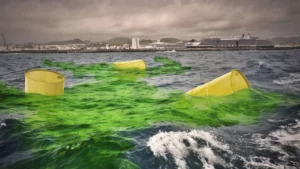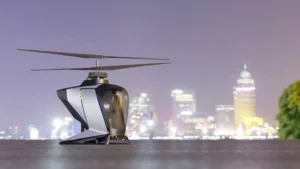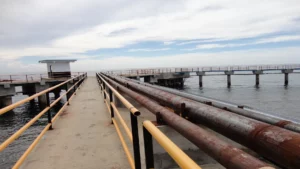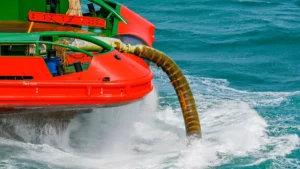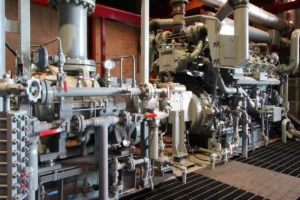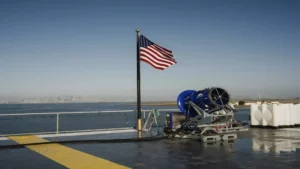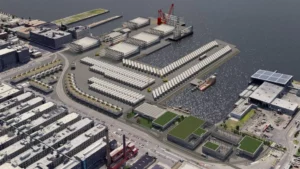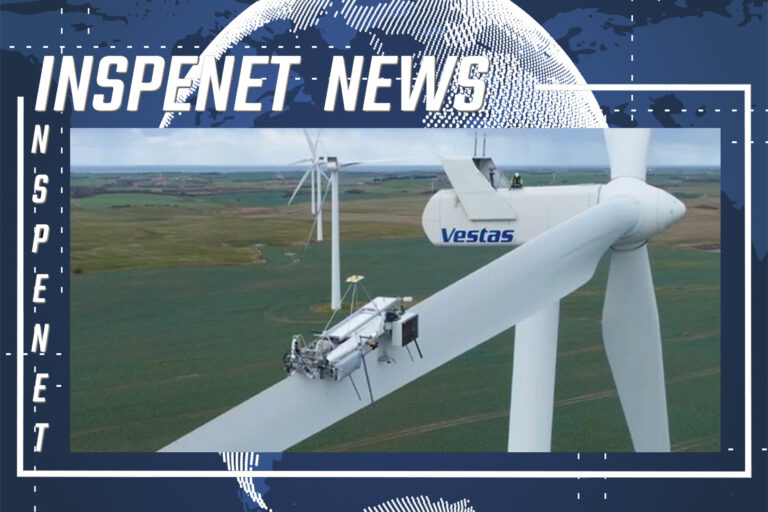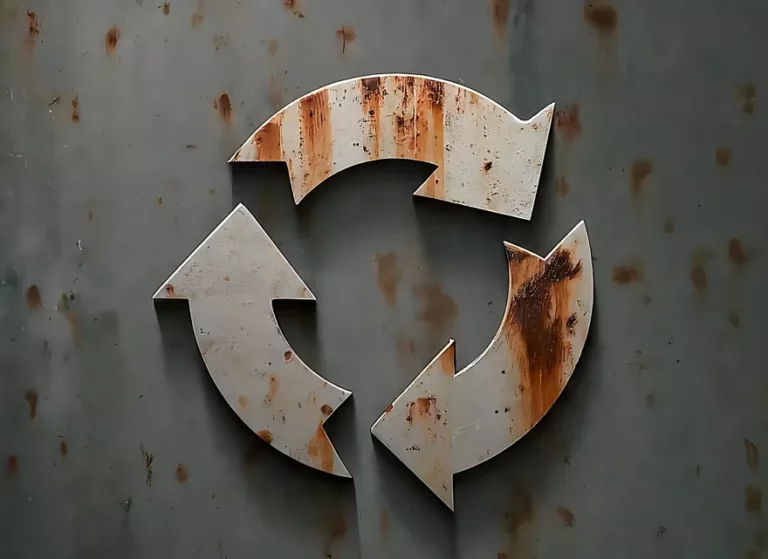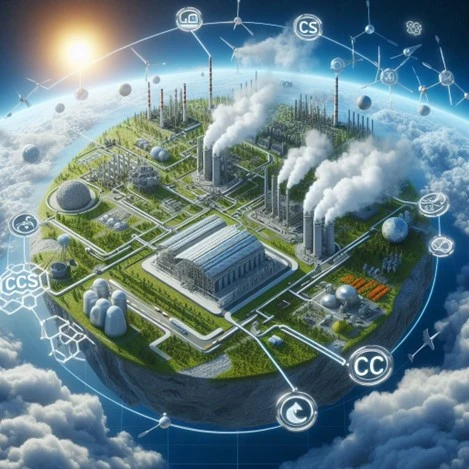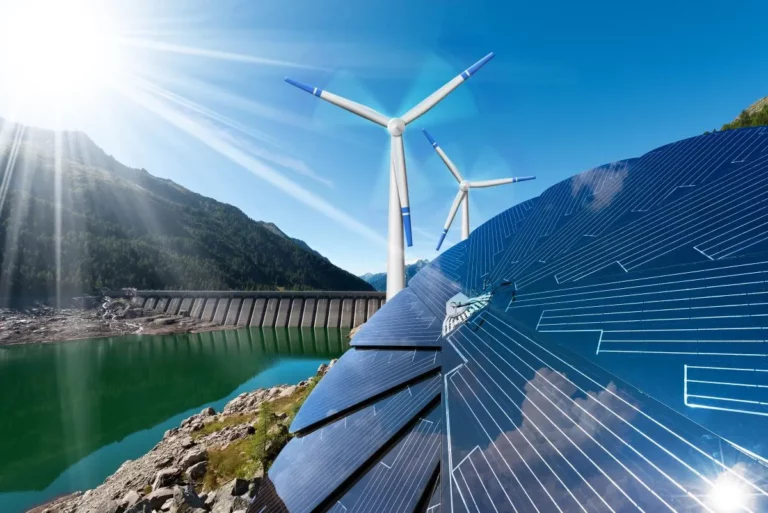Introduction
At the crossroads of human development and environmental conservation, the question: Is a more ecological exploitation of resources possible? becomes increasingly pertinent. This article focuses on the concept of ecological exploitation, exploring how it can influence the management and fate of natural and manufactured assets. Through detailed analysis, the environmental, economic and social impacts of adopting sustainable practices are exposed, evaluating whether human needs can truly be balanced with the health of the planet.
Definition and principles of ecological exploitation
Ecological exploitation refers to the use of resources in a way that maintains natural balance and minimizes environmental damage. This definition is based on principles such as sustainability, efficiency in the use of resources, waste minimization and the preservation of biodiversity. It involves a transition from unsustainable extractive practices to methods that ensure resource regeneration and long-term ecological health. By taking a holistic approach that considers the full life cycle of resources, ecological exploitation seeks to harmonize human activities with natural rhythms, ensuring that future generations inherit a viable and prosperous planet.
Impact on natural assets
Organic farming has a profound impact on natural assets, including biodiversity, water resources, soil and air. By adopting sustainable practices, the diversity of life can be preserved, maintaining ecosystems that are crucial to life on Earth. For example, sustainable forest management ensures that logging is carried out without compromising the forest’s ability to regenerate, maintaining its biodiversity and ecosystem services.
The transition towards renewable resources such as solar or wind energy reduces dependence on fossil fuels, reducing environmental degradation and promoting a more sustainable economy. This not only preserves resources for future generations, but also mitigates climate change by reducing greenhouse gas emissions.
Organic farming also improves water and air quality. Practices such as sustainable agriculture and reducing industrial emissions reduce pollution, protecting these vital resources. Furthermore, the conservation of wetlands and watersheds can improve water management, ensuring its availability and quality for ecosystems and human communities.
Impact on manufactured assets
Manufactured assets, such as buildings, machinery and products, also benefit significantly from greener exploitation. Energy efficiency in construction and industry can be achieved through advanced technologies and innovative designs, reducing energy consumption and carbon emissions. For example, green buildings use sustainable materials and efficient technologies to minimize their environmental impact, while modern machinery is designed to be more efficient and less polluting.
Durability and recycling are other crucial aspects. By designing products that last longer and that can be easily recycled at the end of their useful life, the need for new materials is reduced and the accumulation of waste is reduced. This contributes to a circular economy, where resources are used more efficiently and sustainably.
Technological innovation plays a critical role in creating greener manufactured assets. Through investment in research and development of clean technologies, the creation of new products and services can be achieved, opening markets and creating jobs, while reducing the environmental impact of production and consumption.
Economic and social consequences
The transition towards a more ecological exploitation has profound economic and social implications. In the short term, it may involve significant costs due to the need to invest in new technologies and practices. However, in the long term, the benefits often outweigh these costs. Energy efficiency , waste reduction, and improved public health can result in substantial savings and a higher quality of life.
The regulatory and market challenges are considerable. Government policies and economic incentives may be necessary to encourage the adoption of greener practices. This may include subsidies for renewable energy , taxes on pollution, or regulations requiring stricter environmental standards.
Equity and environmental justice are also crucial aspects. A just transition to greener practices must ensure that costs and benefits are distributed equitably. This means protecting vulnerable communities from negative impacts and ensuring they have access to the benefits of a greener economy, such as jobs in sustainable industries and a healthier environment.
Success stories of the implementation of a more ecological exploitation
There are several examples around the world where the implementation of greener farming practices has resulted in notable successes. These cases span a variety of sectors, from agriculture and energy to manufacturing and waste management.
Below are some cases:
Sustainable agriculture in Costa Rica
- Success story: Costa Rica has been a pioneer in the implementation of sustainable agriculture practices. A notable example is the use of agroforestry systems in coffee plantations, where trees provide shade for coffee crops, reducing the need for chemicals and improving biodiversity.
- Impact: This practice has not only improved soil health and local biodiversity, but has also increased the resilience of coffee plantations to climate change and improved farmers’ livelihoods.
Wind energy in Denmark
- Success story: Denmark is a world leader in wind energy . The country has invested significantly in this technology and now produces more than 40% of its electricity from wind.
- Impact: This transition to a cleaner, renewable energy source has reduced Denmark’s carbon emissions and created a thriving local industry, generating jobs and exports.
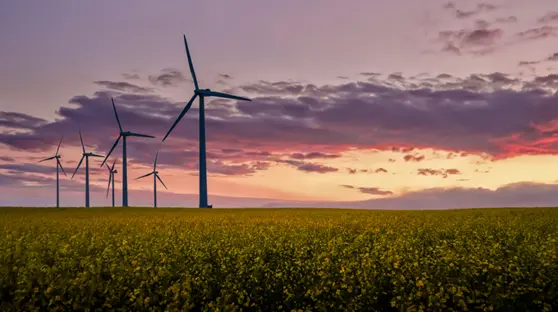
Waste management in San Francisco, USA
- Success story: San Francisco is recognized for its waste management program, which aims to achieve zero waste to landfills. The city has implemented an extensive composting and recycling system.
- Impact: Through these initiatives, San Francisco has managed to divert about 80% of its waste from landfills and significantly reduced its waste-related greenhouse gas emissions .
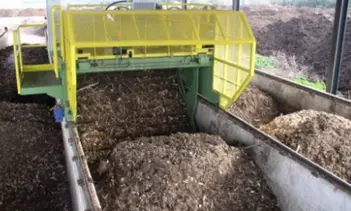
Reforestation in Rwanda
- Success Story: Rwanda has implemented an ambitious reforestation program to combat soil erosion and restore ecosystems. The country has planted millions of trees in critical areas.
- Impact: This initiative has not only improved soil health and biodiversity, but has also created local jobs and improved the ability of communities to manage their natural resources sustainably.
Circular economy in the Netherlands
- Success story: The Netherlands has committed to becoming a 100% circular economy by 2050, where resources are reused and recycled to the maximum. Companies like Fairphone have led the way by creating phones designed to be repairable and recyclable.
- Impact: These practices not only reduce waste and the extraction of new resources, but also encourage innovation and can generate significant economic savings.
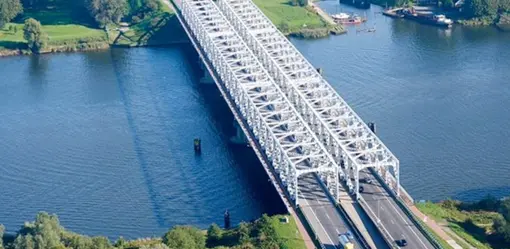
Conclusions
Greener farming is not just a possibility; It is an imperative need in our quest for a sustainable future. Although the challenges are considerable, the opportunities to improve the management of our natural and manufactured assets are immense.
By adopting more sustainable practices, we can ensure not only the health of the planet, but also a more robust and fair economy for future generations.
Greener exploitation and its impact on natural and manufactured assets, evaluating sustainable practices and their environmental, economic and social benefits. Education, awareness, effective policies and innovation will be critical to driving this change. Together, we can work towards a model of exploitation that respects the limits of our planet and promotes lasting well-being for all.
References
Own source





